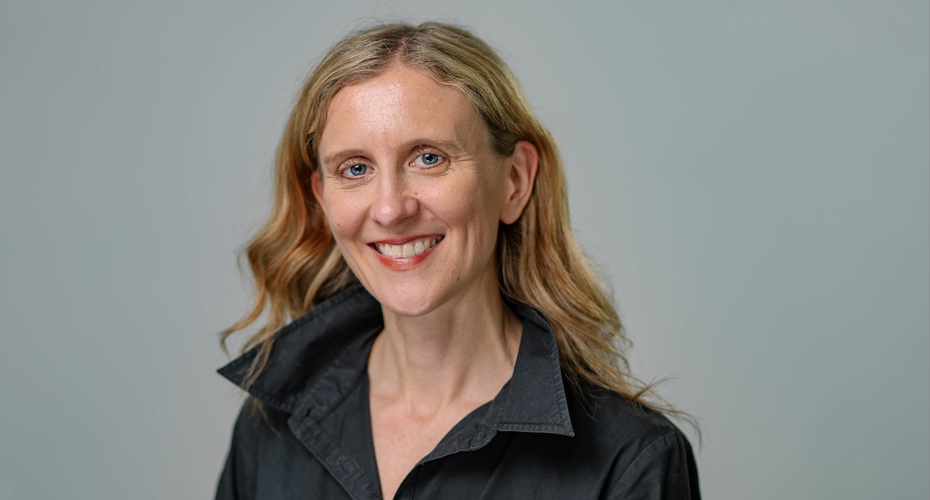About us
Studying English and Creative Writing at Exeter is an exciting and unique experience in an inspiring setting. Exeter is a UNESCO City of Literature and we are proud of the history of the Southwest’s literary culture that informs our research, our teaching and our creative practice. We also enjoy strong links with the wider literary community.
A global community

Our large and dynamic department is international in outlook. Colleagues come from around the world, making us an academic community in which different cultures and languages intermingle and thrive. We welcome students from all backgrounds and offer tailor-made support to our international students through the university’s INTO study programmes. While we are a global community of academics and students, we are committed to working with local businesses, creative partners and heritage institutions such as Exeter’s Royal Albert Memorial Museum. The University of Exeter’s Special Collections look after the papers of Charles Causley, Agatha Christie, Ted Hughes, William Golding, Daphne du Maurier and other authors who had strong links with the Southwest. These papers are in regular use in our teaching and inspire the research of many colleagues in the department.
Please get in touch with me or with a designated member of our Department Leadership Team if you have questions about studying or working with colleagues at Exeter. We look forward to hearing from you!
Professor Vike Martina Plock
Head of Department and Professor of Modern Literature and Culture
In the most recent Research Excellence Framework (2021), 88% of our research outputs was recognised as internationally excellent. We were also one of the very few English departments in the UK whose research environment was graded as world-leading, which means that academics in our department produce cutting-edge, interdisciplinary research as well as internationally acclaimed publications that help to tackle the challenges of the twenty-first century. Many colleagues in English and Creative Writing work closely with the University’s Wellcome Centre: Cultures and Environments of Health and its Digital Humanities Lab or they study and write about wellbeing, climate change and the Anthropocene.
All members of our academic community are committed to fostering a lively and inclusive research culture. Our Research Centres regularly host events with guest speakers, student conferences and our colleagues are frequently involved in the organisation of literary festivals or appear at them on an international stage. In 2022 highlights included the University of Exeter hosting an edition of the UK’s Africa Writes festival.
The curriculum at Exeter covers all periods from the Middle Ages to the contemporary moment with the “literary text” conceived in the broadest possible terms. From the Book of Genesis to Mary Shelley’s Frankenstein, from magazines to comics and graphic novels, our curriculum equips students with the critical vocabulary and/or the creative skills to confidently work with a range of literary forms and genres. Alongside literature and creative writing modules, the Department is home to our Liberal Arts degree programme, which emphasises interdisciplinarity while enabling students to select a specialism (or Major). Our staff also teach on several workplace-facing undergraduate modules in Applied Humanities and the Creative Industries, which are popular career destinations for many of our students. We run a dedicated M.A. in Publishing.
We create a supportive environment in our classrooms to ensure that students are empowered to explore their ideas and develop into open-minded, critical thinkers. Our colleagues are active researchers. Everyone brings their particular expertise into lectures and seminars, and we believe that the breadth of their scholarship and methodological approaches help students in negotiating their own paths as independent researchers.
Teaching can take many forms from one-to-one consultations in office hours to small student-led study groups, seminars, lectures, writing workshops and field trips. Pastoral support is offered through our personal tutor system and through the University’s Student Wellbeing Services. Students take an active role in the life of the department through our Student-Staff Liaison Committee and our work with the university’s English Society.